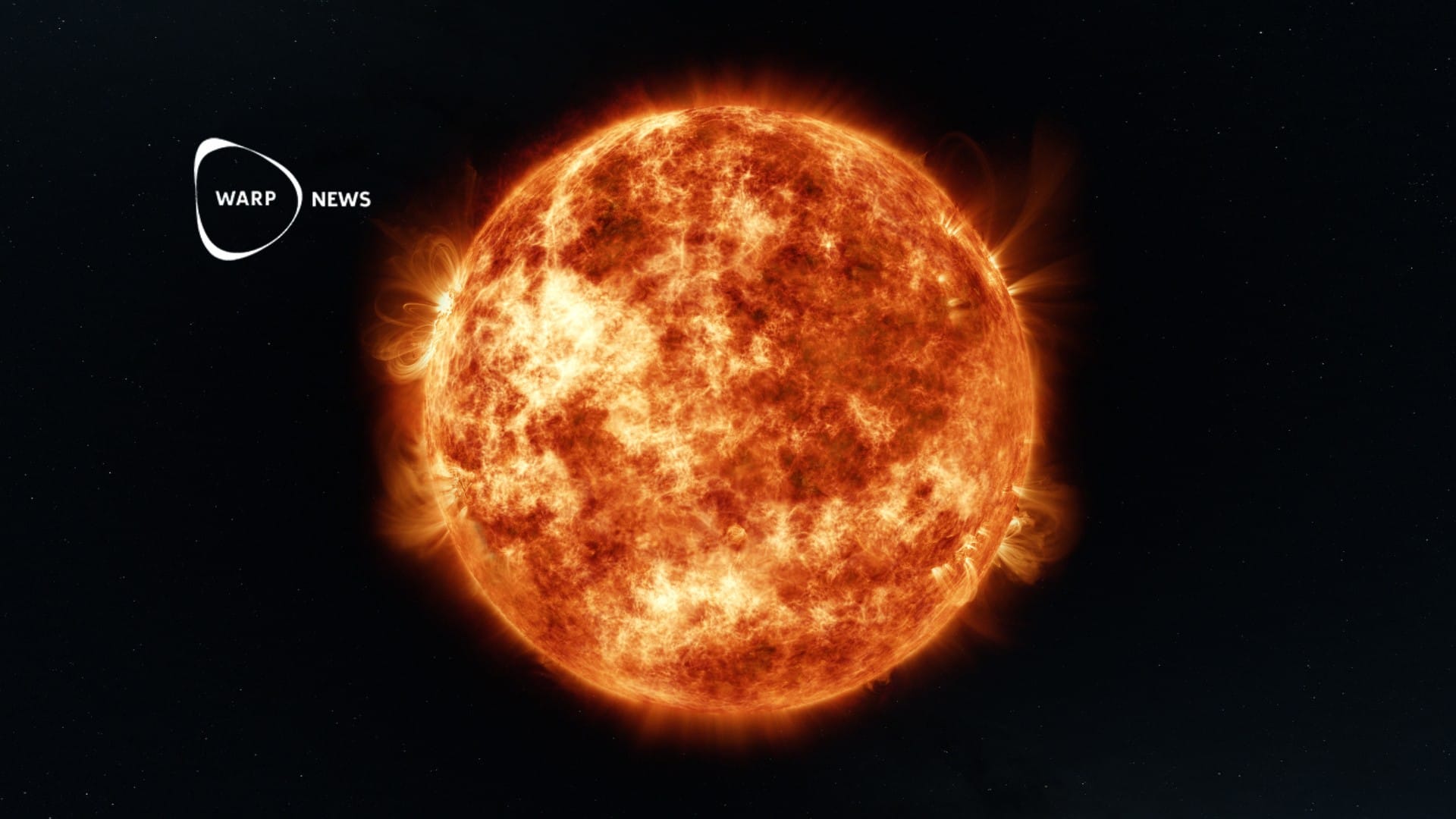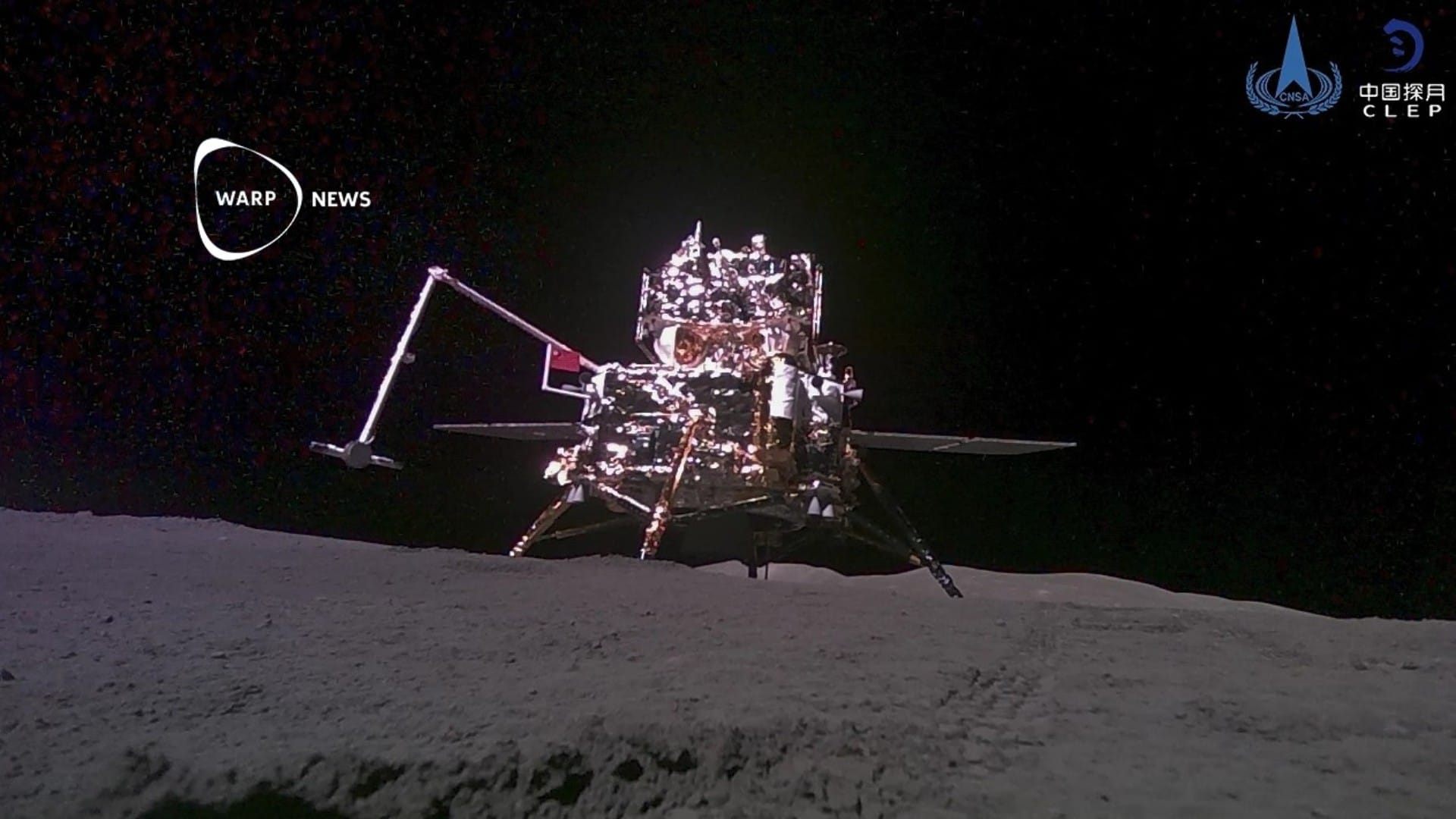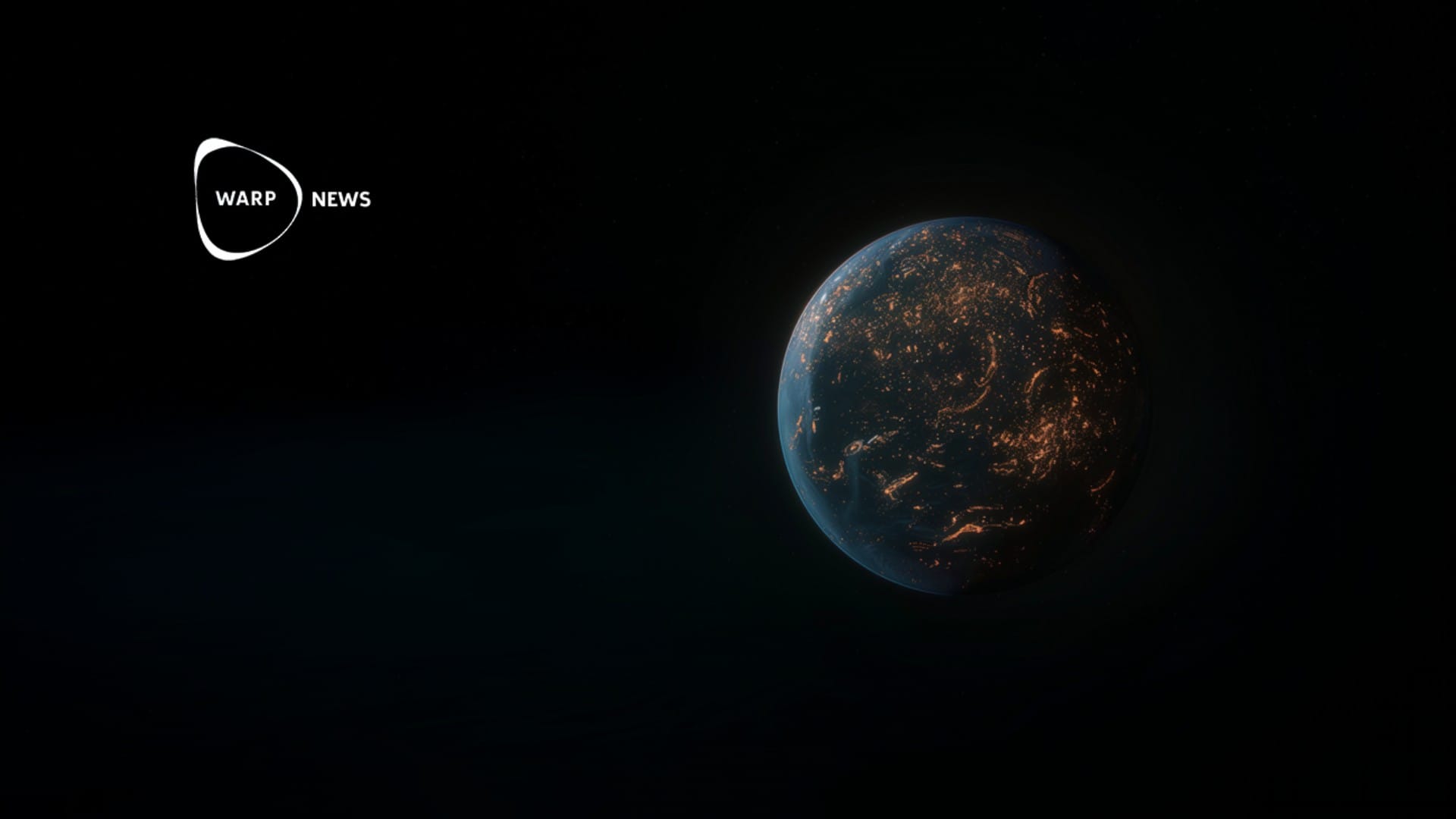
🚀 "I can't fathom what kind of teachers they had if they think science is boring"
We talk to Jenny Jansson about how she, who didn't pass mathematics in primary school, could be awated Physics Teacher of the Year, and how we can make young people more optimistic about the future.
Share this story!
Jenny Jansson's talk at the Warp Space Summit was a success and received high marks from the audience. She works as a teacher in the Swedish town of Ludvika but is also active in ESERO Sweden, which shows how to use space and astronomy in school.
We talk to her to hear how she, who didn't pass mathematics in primary school, could be awarded Physics Teacher of the Year, and how we can make young people more optimistic about the future.
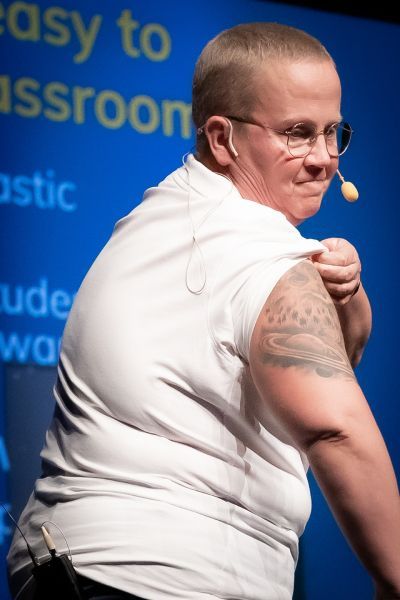
"If I were in school today, I would probably have been diagnosed with ADHD. I had bad grades, so I did not get into high school. The teaching didn't suit me, I am not a theorist. But after ninth grade, I always knew I wanted to do science, but understood that I'll never be able to have the grades for it", she says.
After high school, she had a sabbatical year, after which she entered the social sciences program with a focus on science.
"I passed the math at that point, once I knew what I wanted."
She then trained as a biologist, but soon realized that there were no jobs that interested her. So she started working as a substitute teacher in Ludvika.
"I immediately felt that this is a perfect fit. Doing what I think is great fun and getting to help young people move forward."
"To find opportunities to be able to teach everyone to become their best possible self."
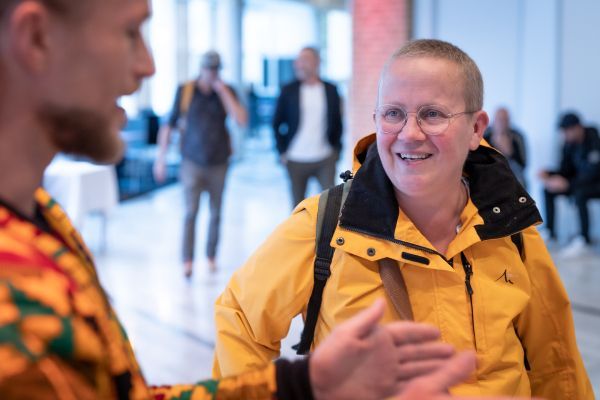
She began as a teacher in 1999 and almost immediately she started thinking outside the box. Her first such project was with boys who could not read the classic authors, and other things that the Swedish teachers put in front of them. But Jenny thought they could probably read, but the books did not interest them.
"They got F's in Swedish. But if they got to read books that interested them, then all of a sudden they could read. So I created a hunting degree."
Based on the syllabus, she put together different goals to strive for in Swedish, social sciences, science, and mathematics.
"We were out in the woods and hunted. All of a sudden it turned out that those who could not read both read and could write. Then they felt ‘hell, I can do this, I can read.’ Then their self-confidence increased and their study results improved."
"I get freaked out by the fact that there are young people who think science is boring. I can't fathom what teachers they must have had in those cases."
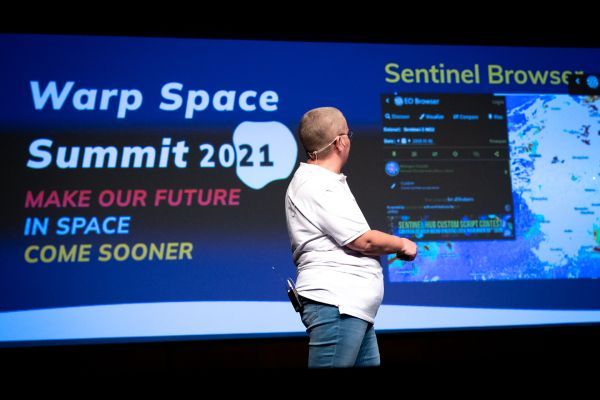
In 2014, she came across Nordic ESERO. She had previously studied astronomy and physics, but then it had only been theoretical. Shoving theory books into her head, as she puts it.
"Before, I felt that this wasn't anything for me. But when I went to the first course and met people at the head of their game who could also teach, who saw things through didactic glasses and told me how to use this in the classroom - wow, it was like a whole new world."
Since last autumn, she has been responsible for teachers and students within ESERO Sweden. This autumn, the first two courses at the KTH Royal Institute of Technology will be aimed at teachers and other interested parties.
At the Warp Space Summit, I noticed that you are constantly communicating with your students. You send them pictures and videos. Why?
"I always have my kids with me, sorry, my students", she says and smiles. "I want to show them that it's still fun to be an adult. That you can have a job that you are passionate about. That there are jobs that someone like me who does not have a maths grade can actually get."
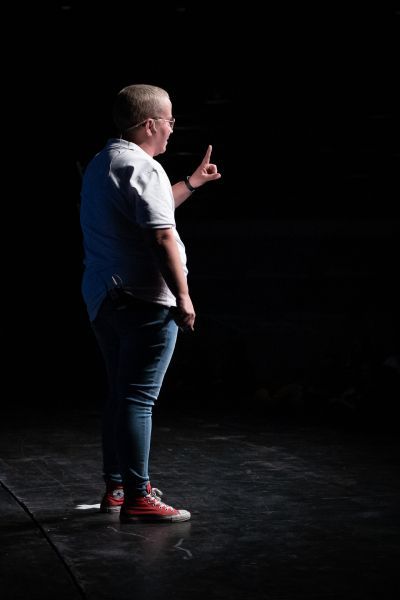
What do you do about the fact that many young people are pessimistic about the future? How to get them optimistic instead?
"What I'm about to say isn't an attempt to suck up. In the past, I'd have some vague idea about positive, good things happening. But as a teacher, you need to have access to information in an easily accessible way and it should be an appealing way. Otherwise, it is difficult to pass it on to students and colleagues. What you write on Warp News is so easily accessible that it is very easy to include an article in what I'm teaching."
"I have shown them to both vocational and theoretical programs - and it works! The kids are 'What, do you mean we're about to solve this?'"
Jenny Jansson also emphasizes how important it is for young people to understand science.
"It calms them down. When they see so much in their information feeds, they can feel a sense of security in science."
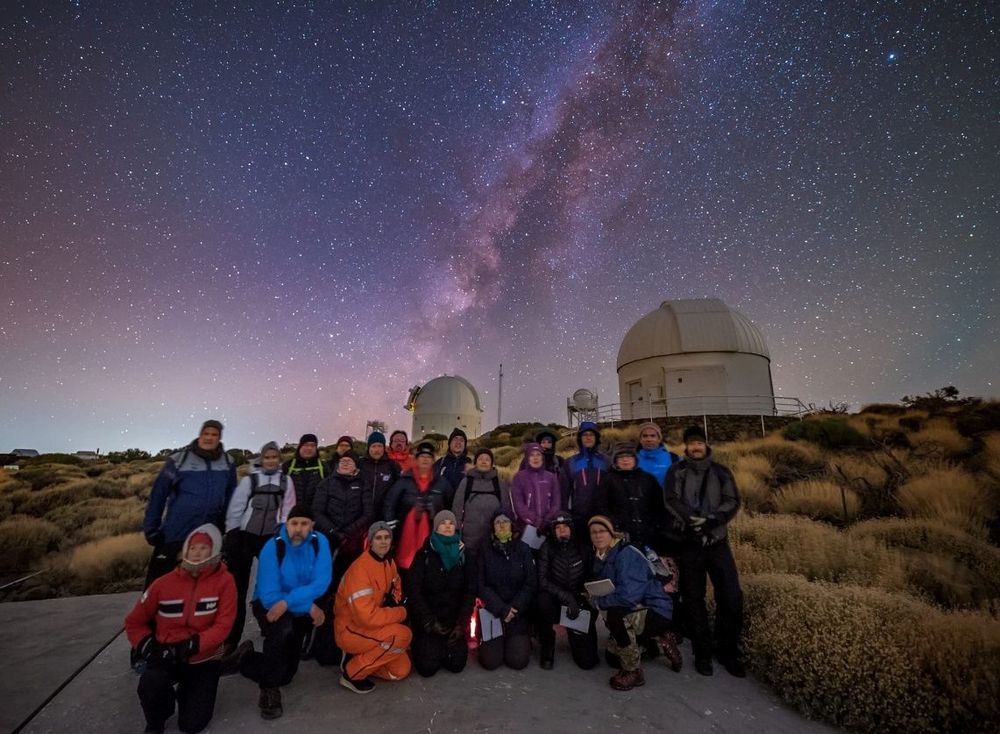
"So I also think about what happened at the Warp Space Summit. The Entrepreneurial learning. I want to get the UF'ing (youth business) going. So that they understand that it can really lead to something. They do not have to do something that is just simple for them to chill. It is possible to do something that is stimulating, motivating, that looks good on the CV and can lead to a company."
"We visited Porkchop last autumn. The kids were completely excited".
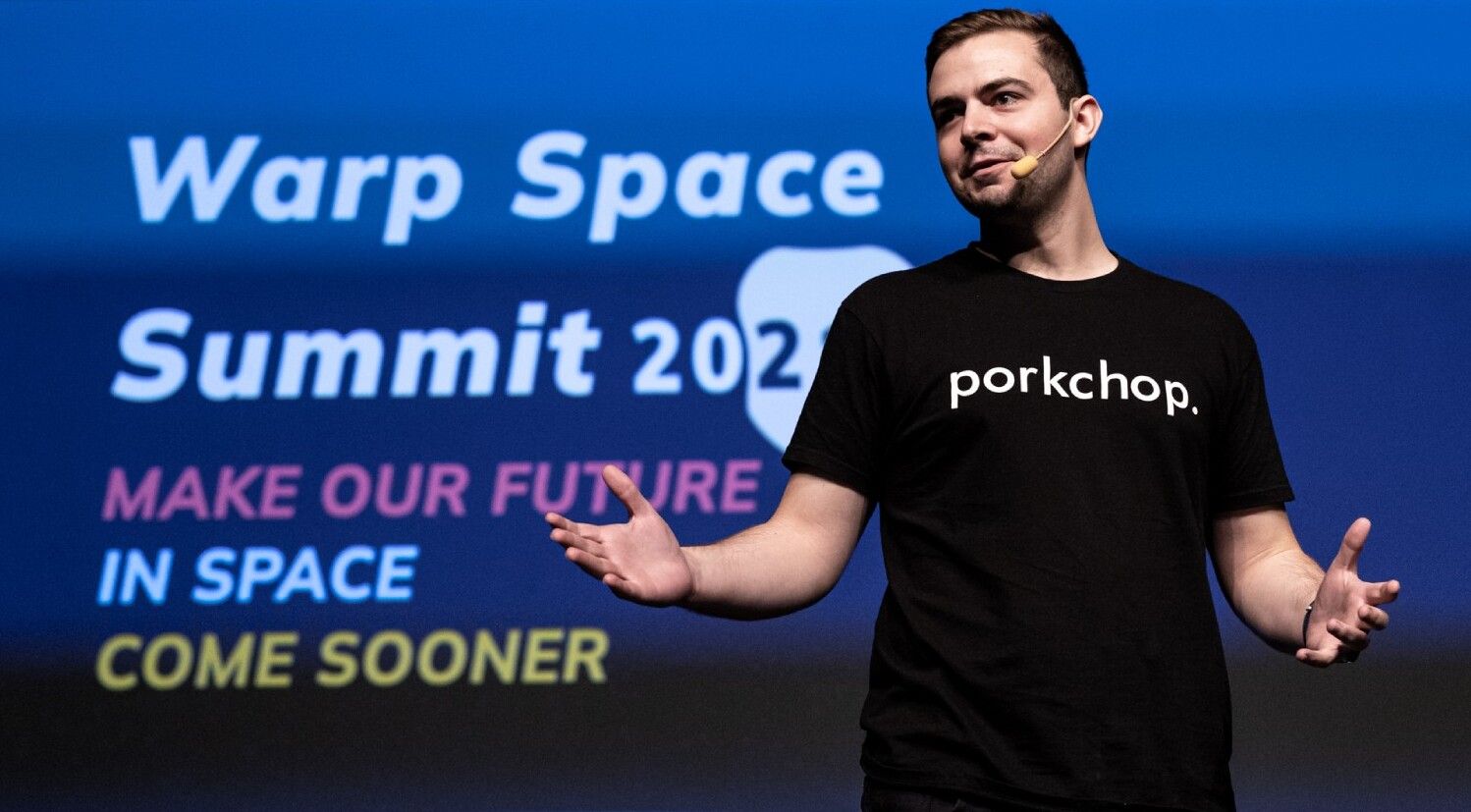
Teachers who read this are welcome to reach out to her, she says. Also do not miss Jenny Jansson's talk at the Warp Space Summit. There are many good tips on how to use space and astronomy in school.
Imagine if every child could have teachers like Jenny in school. The world would be different.
Contact Jenny Jansson at jenny.jansson@vbu.ludvika.se.
By becoming a premium supporter, you help in the creation and sharing of fact-based optimistic news all over the world.

